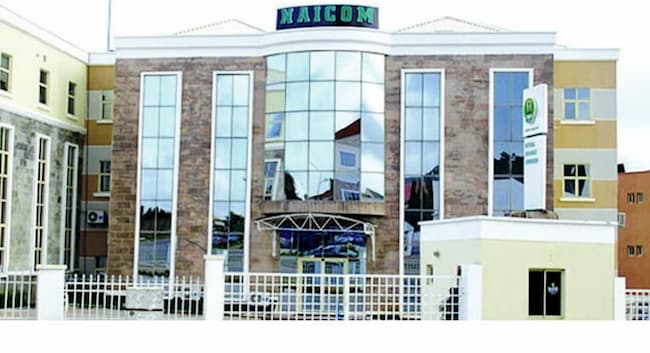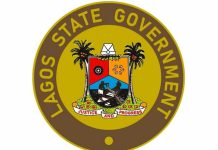The National Insurance Commission (NAICOM) has threatened to revoke the licenses of other negligent companies to clean up the industry after using heavy sticks against Standard Alliance and Niger Insurance.
Chairman of NAICOM’s Governing Board, Dr Abubakar Sani, said the organisation wanted to safeguard policyholders and impose discipline on the industry.
“We have to sanitise the institutions and we will not allow weak companies to continue in order to protect policyholders. This is important so that at the end of the day, nobody will accuse of having weak regulations. We are out to really protect policyholders,” he said.
Regarding the claim that Niger Insurance and Standard Alliance had their licenses revoked arbitrarily, Sani pointed out that NAICOM had followed the proper procedures.
“Revocation of licenses is not something that is done in a day because the Insurance Act of 1997 prescribes investigation and inspection, and they are statutory. If a company starts failing, does not meet the requirements, or the management control is not there, the license can be withdrawn.
“Under the process, you would be informed. And when you fail to meet up with your obligations, cannot adequately run as a company and cannot meet up with obligations, the regulator will use a hammer on you. Even then, by law, you are allowed to appeal to the minister who would decide whether the due process was followed. So, it is never about bias, and more companies that do not meet up will also face sanctions.”
Dr Sani declined to comment on the recapitalisation in the industry, which the agency just stopped, citing that doing so would be considered contempt of court given that the matter is already pending.
But he emphasised that capitalisation was necessary for the sector to compete favourably with counterparts in emerging markets.
“We have to be honest to ourselves, this economy is dynamic. The capital and assets of the NNPC today are in trillions of naira. It was not so 10 years ago. They need insurance to cover their risks. So, because of that, there is a need for improvement and recapitalisation so that they can sell insurance effectively and avoid capital flight. If you want to really be a player, you don’t even need the regulator to ask you to recapitalise. You are the one that will increase your capacity in order to compete.”
According to a March research report by Augusto & Co., Nigeria has a less than 1% insurance penetration rate. This is less than the average for Africa (2.78%) and the world (7.20%).
Sani stated that his goal was to ensure that the sector attracted more international investment and increased its contribution to the GDP. He stated that the agency would examine the Insurance Act of 1997 to determine whether there were any provisions that the law’s expansion and would work to change them.













